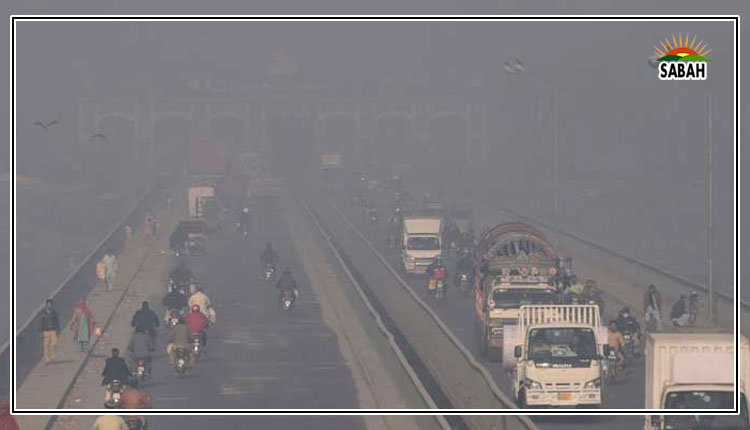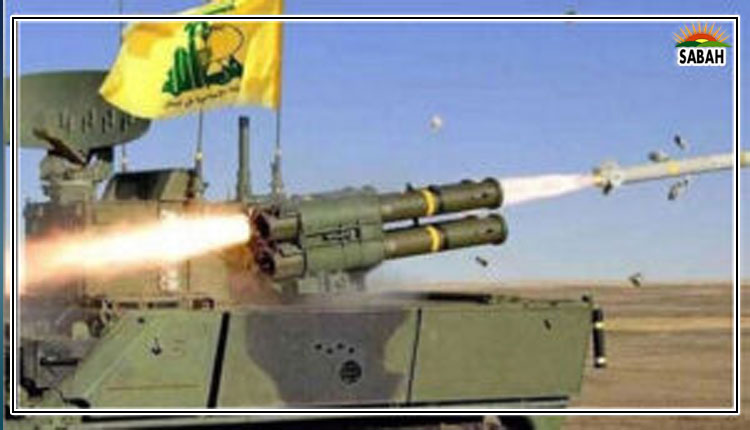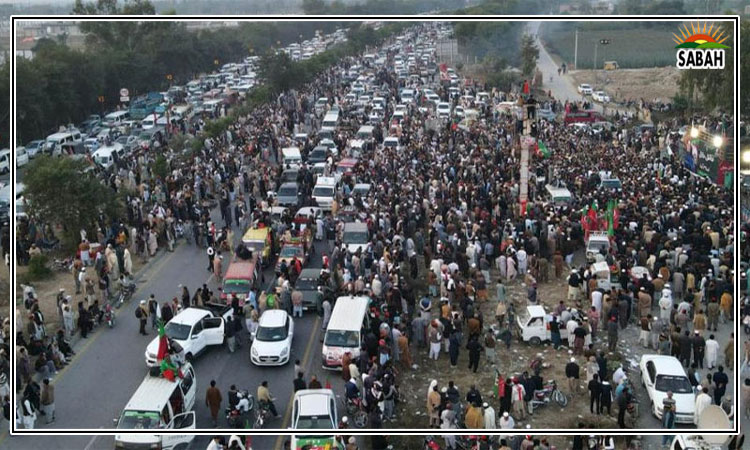Cross-border militancy and our priorities… Durdana Najam
The return of the Taliban to power in August 2021 was both a matter of joy and comfort for Islamabad. The expected outcome of the transition was peace returning to Pakistans long-embattled western borders. That was not to be. In fact, the number of strikes against Pakistan from the militants based in Afghanistan grew to an alarming rate. Pakistans repeated appeals to the Afghan interim government to rein in the rouge element using Afghanistan soil to attack Pakistan, at best, fell on deaf ears and, at worse, developed a cleavage between both countries. Today, Pakistans western border has turned into a battleground.
As patience wore off with the Talibans persistence to ignore all international and diplomatic norms as well as their refusal to obey the peace accord Pakistan brokered between the Taliban and the US, no other option was left but to hit the militant sanctuaries across the border through an air strike. The retaliatory artillery fires by the Afghan Taliban have now turned the situation extremely volatile. Tension with Afghanistan presents one of the major foreign policy and security challenges to the newly installed government, as the escalating incidents of terrorism can easily eclipse any development initiative involving foreign investment.
Combating the TTP is becoming difficult, given the Afghan governments reluctance to take action against them. According to Pakistani officials, 5,000 to 6,000 TTP fighters are based in Afghanistan. Last weeks air strike on the Afghan border provinces of Paktika and Khost was in retaliation to the TTPs attack on a security checkpost in North Waziristan, resulting in the killing of seven soldiers and officers. The attack was one of the most heinous carried out so far by the TTP, which in the last two years has killed more than 300 security personnel. Not only is the TTP provided with a haven in Afghanistan to operate with impunity against Pakistan, but at their disposal are highly sophisticated weapons.
Pakistan had attacked the militants in Afghanistan earlier as well but never acknowledged them. This was the first time that Islamabad openly admitted to the action. In other words, it is a tacit warning to the Afghan regime that if it fails to take action against TTP, Pakistan will not hesitate to take the war across the border. Pakistan, as is evident, is increasingly becoming frustrated by the Afghan regimes inertia. The frustration further increases as Islamabad sees decades of political effort in bringing an anti-Indian and pro-Pakistan regime in Afghanistan failing miserably. Instead of mellowing down, as would have been expected in Pakistan, the Kabul regime has taken a definite position after the strikes. The Afghan defence minister has said that his country would use every force to defend its national sovereignty.
Though calm has returned to the borders, that does not mean peace has prevailed. The situation can become hostile anytime if the cross-border militant attacks on Pakistani security forces are not stopped. The attack on a military convoy in the northwestern district of Dera Ismail Khan a few days after the Pakistan airstrike indicates the as-usual approach of the Afghan regime.
Courtesy The Express Tribune












